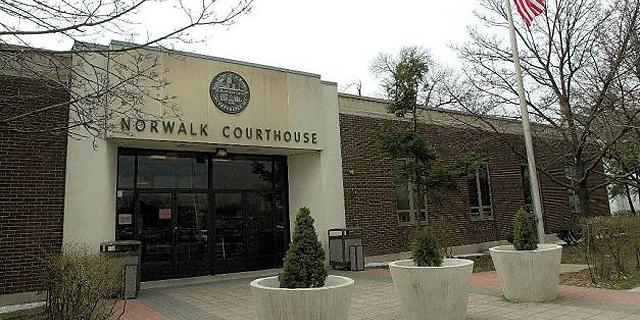It was encouraging as one who is concerned about the fact that the police routinely trample individuals’ constitutional rights, to read the recent article in the LA Times reporting on the voided conviction of a Norwalk man.
Under Miranda one who is being interrogated, in custody, has a right to an attorney. When someone exercises this right and requests an attorney, all questioning should stop until the requested attorney is present.
It is a well established principle in the field of criminal law that the only effective way to deter police from violating our constitutional rights such as those contained in the 4th, 5th, and 6th amendments is to suppress evidence obtained through the violation of these rights. Such suppression of evidence, when enforced, has the effect of disincentivizing police from violating such rights. In this case, a Federal Court threw out this Los Angeles County criminal conviction of a man who was interrogated in custody, after having asked for a Criminal defense attorney and being denied. Below is a sample of the conversation between the defendant and the interrogating officer as presented in the LA Times article:
” During the first interview, a detective told Lujan that he had the right to remain silent and to have a lawyer appointed free of charge. During a third interview, in which Lujan confessed, he asked for a lawyer.
“You feel you need one?” a detective asked.
“Yes, I do,” Lujan said.
“OK,” the detective replied. “All right. If that’s what you want to do, we’ll do that.”
“Can I get one in here today?” Lujan asked.
“I really doubt it,” the detective said. “I mean, I’m going to be honest with you. It’s Sunday evening. When you go to court in a couple of days there will be one appointed for you. That’s the way the system is set up …
“If you want to call and hire an attorney, that’s fine. If you want to make a statement without an attorney, that’s up to you. I doubt that if you hire an attorney they’ll let you make a statement; they usually don’t. That’s the way it goes. So, that’s your prerogative; that’s your choice. Now, if you do want to talk to me without an attorney, that’s your choice. You can just tell the jailer, ‘Hey, I’d like to talk to the detectives without an attorney present.’ OK? That’s your choice.” “
Apparently. further interrogation and an eventual confession followed this exchange and the man was convicted in Los Angeles Superior Court in Norwalk, Ca. Thereafter an appeals court reversed the conviction.
Clients who have been arrested frequently ask me about their Miranda Rights and the Miranda Warning Requirements. The typical question stems from the fact that in some cases an arrest occurs and no Miranda advisement is given. This case illustrates well the rule of law associated with Miranda, namely that one has a right to an attorney when being questioned, while being detained against their will ( in custody). If this right is violated, the proper remedy is the suppression of the evidence that came from that interrogation. In this case, the defendant confessed to the crime later, but the appeals court in San Francisco concluded that the second confession was a result of the need to explain the first confession, and that had the first confession which was obtained illegally not been given, the second confession would not have occurred. This illustrates how sweeping a the suppression can be of evidence deemed to be “fruit of the poisonous tree” or in other words evidence collected in violation of one’s constitutional rights, as the second confession (given in court under oath) was suppressed as well as the first.
This overturned conviction is undoubtedly the result of the hard work of some experienced criminal defense attorneys dedicated to ensuring that their clients rights were protected. If you are ever facing criminal charges in Los Angeles County, do no hesitate to contact us. Our team of Experienced Los Angeles Criminal Defense Attorneys understand the Miranda Rules very well and are ready to ensure that your rights are protected.

